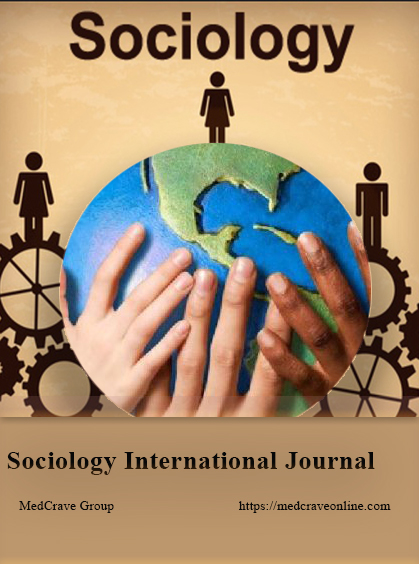The role of stereotypes and meta-stereotypes attribution in expressing threat related to social identity: the perspective of the need based model
The role of stereotypes and meta-stereotypes attribution in expressing threat related to social identity: the perspective of the need based model
Author(s): Clementine KanazayireSubject(s): Social Sciences, Politics and Identity
Published by: MedCrave Group Kft.
Keywords: meta-stereotypes; perpetrators; genocide
Summary/Abstract: According to the needs-based model of socio emotional reconciliation, after a conflict, victims of hostilities suffer from a threat to their social identity as meaningful and powerful actors and members of the perpetrator group experience threat to their identity as moral actors.1 These threats felt by victims and perpetrators can be expressed in the daily interactions through the stereotypes and meta-stereotypes attributions which play a big role in ingroup definition and evaluation2,3 and are structured along three dimensions: the dimension of sociability, dimension of competence and dimension of morality,4‒6 When these identity threats are not addressed they can impede reconciliation process. In the present interview study we will explore the way the identity threats whose suffer victims and perpetrators of genocide against Tutsis according to NBM, are expressed in stereotypes and meta-stereotypes attribution and investigate if the meta-stereotype attributions have confirmed the stereotype attributions. It also examined if the stereotypes and meta stereotypes that survivors and non-victims attribute to each other are structured along three dimensions: moral, social and agency, play a role in defining identity and determining its value.
Journal: Sociology International Journal
- Issue Year: 2/2018
- Issue No: 3
- Page Range: 286-293
- Page Count: 8
- Language: English

